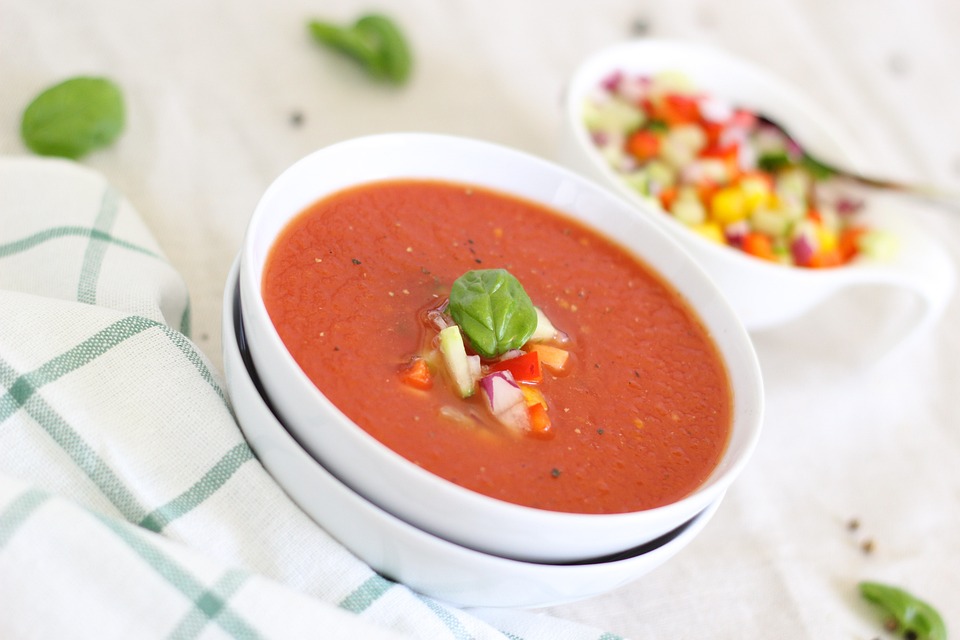
Maximize Your Strength: The Best Vegan Meal Plan for Building Muscle
For many years, the idea of building muscle on a vegetarian diet has been met with skepticism. A common misconception was that meat was the only source of protein needed to build muscle. However, with the growing popularity of the vegan diet, more and more athletes and bodybuilders are proving that a vegan diet can be just as effective in building and maintaining muscle mass. If you are a vegetarian and are looking to increase your strength and build muscle, it is important to have a well-organized meal plan that provides the necessary nutrients and protein. In this article, we’ll explore the best vegan meal plan for building muscle, which includes a variety of plant-based foods that will help you achieve your strength and fitness goals.
The importance of protein in a vegetarian diet
Protein is an essential macronutrient that plays a crucial role in building and repairing muscle tissue. For individuals following a vegetarian diet, it is important to make sure you get enough protein to support muscle growth. With the absence of meat in a vegetarian diet, it is necessary to turn to other sources of protein such as vegetables, tofu, tempeh, seitan and plant-based protein powders. These protein sources not only provide the amino acids needed for muscle growth, but they also provide a range of other important nutrients such as iron, calcium and fibre, which are beneficial for overall health and well-being.
Example of plant protein sources:
- lentil
- hummus
- Black beans
- Quinoa
- spinach
- almonds
- Greek yogurt
Design your own plant-based meal plan to build muscle
When creating a meal plan to support muscle growth on a vegetarian diet, it’s important to make sure you consume enough calories and protein each day. The goal is to provide your body with the nutrients and energy needed to support your workouts and recovery. Here’s a sample muscle-building vegan meal plan to help guide your nutrition:
Sample vegetarian meal plan for muscle building:
- Breakfast: A protein-packed smoothie made with a blend of spinach, banana, plant-based protein powder, almond milk, and chia seeds.
- Morning snack: Greek yogurt with mixed berries and a sprinkle of almonds for extra protein and healthy fats.
- Lunch: Quinoa salad with mixed greens, chickpeas, and a generous serving of tofu for a protein boost.
- Afternoon snack: A protein bar or small serving of hummus with carrot sticks for a quick and convenient protein source.
- Dinner: Baked tempeh with roasted sweet potatoes and steamed cauliflower, providing a complete, protein-packed meal to support muscle recovery.
Key nutrients for muscle growth
In addition to protein, there are other key nutrients that play a vital role in overall muscle growth and strength. It’s important to make sure your meal plan includes a variety of nutrient-dense foods to support your fitness goals. Here are some essential nutrients to focus on:
Essential nutrients for muscle growth:
- Iron: Important for oxygen transport and energy production during workouts. Sources include spinach, lentils and fortified grains.
- Calcium: Essential for muscle contractions and bone health. Get calcium from sources such as tofu, almonds, and green leafy vegetables.
- Omega-3 fatty acids: Support muscle recovery and reduce inflammation. Incorporate flax seeds, chia seeds, and walnuts into your diet for a healthy dose of omega-3.
- Vitamin D: Plays a role in muscle function and immune health. Try to get some sun exposure and include fortified foods such as plant-based milks and cereals in your meal plan.
Improve performance through pre- and post-workout nutrition
Pre- and post-workout nutrition is essential to optimize performance, support muscle recovery, and replenish glycogen stores. As a vegan athlete or bodybuilder, it is important to provide your body with the right nutrients at the right times to enhance your training and recovery. Here’s how to incorporate pre- and post-workout nutrition into your meal plan:
Pre-workout nutrition:
Before exercise, aim to eat a balanced meal that contains complex carbohydrates for sustained energy, as well as a moderate amount of protein. Examples of pre-workout meals for vegetarians include a bowl of oatmeal with almond butter and banana slices, or tofu and vegetable stir-fries with brown rice. It is important to allow adequate time for digestion before starting exercise to avoid any discomfort.
Post-workout nutrition:
After exercise, fuel your body with a mix of proteins and carbohydrates to support muscle recovery and replenish glycogen stores. A protein smoothie with a mix of fruit, leafy greens, and plant-based protein powder can be an excellent post-workout option. Alternatively, you can choose a balanced meal consisting of quinoa, black beans and roasted vegetables to provide the nutrients needed for recovery.
Track progress and make adjustments
As you embark on your plant-based muscle building journey, it’s important to track your progress and make adjustments to your meal plan and training routine as needed. Keep a journal of your meals, exercises, and how you feel physically and mentally. If you notice that you are not seeing the progress you need, consider consulting a dietitian or nutritionist who can provide personalized guidance based on your individual needs and goals.
summary
Building muscle on a plant-based diet is not only achievable, but can also lead to optimal health and performance. By creating a well-structured muscle-building vegan meal plan that includes a variety of plant-based protein sources and nutrient-dense foods, you can increase your strength and achieve your fitness goals. Remember to focus on consuming enough protein and essential nutrients and optimizing pre- and post-workout nutrition to support muscle growth and recovery. With the right approach to nutrition and training, vegan athletes and bodybuilders can thrive and excel in their endeavors.

0 Comments